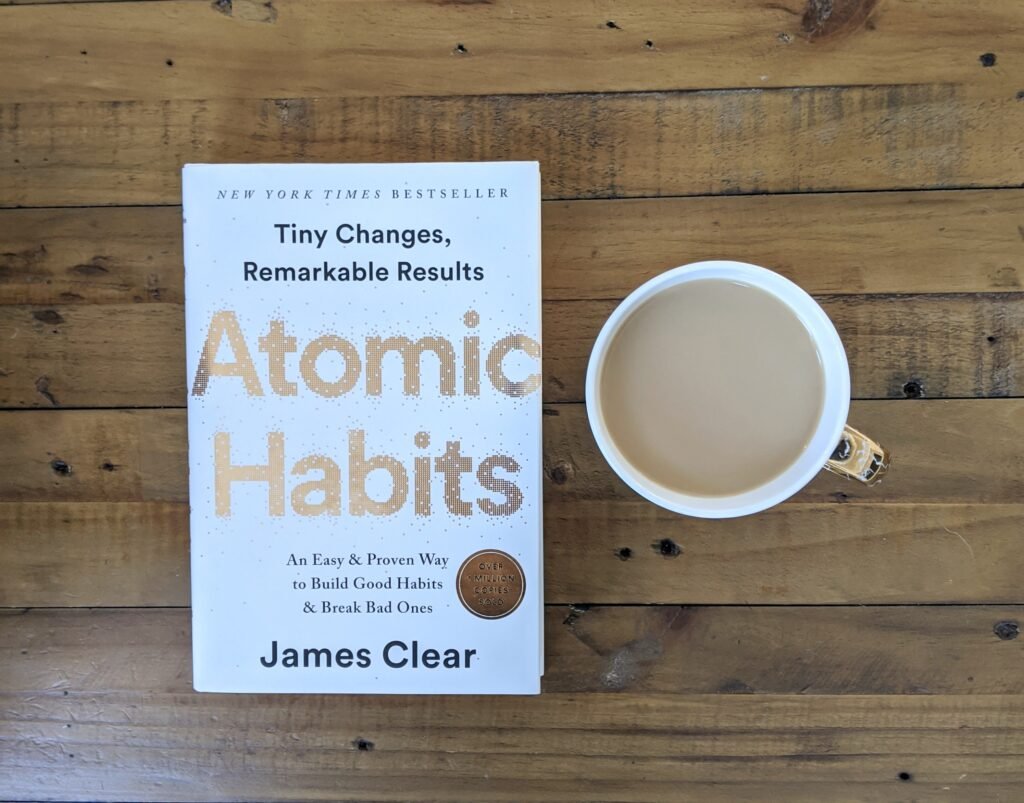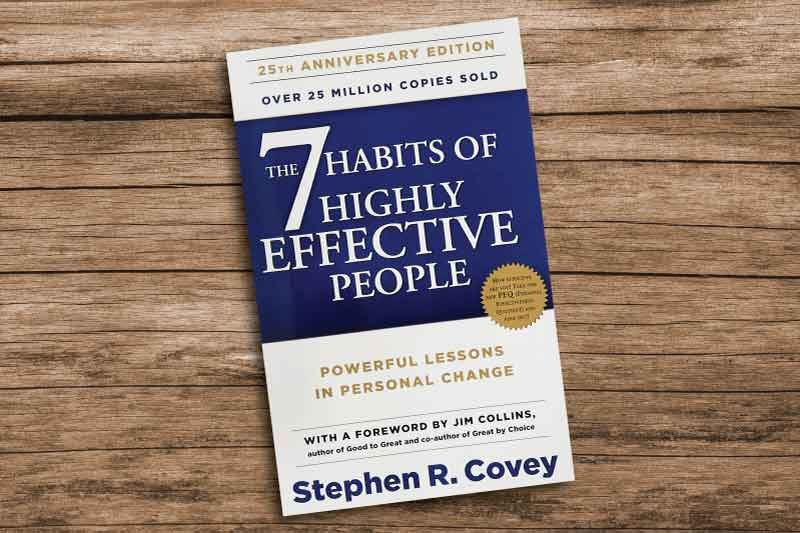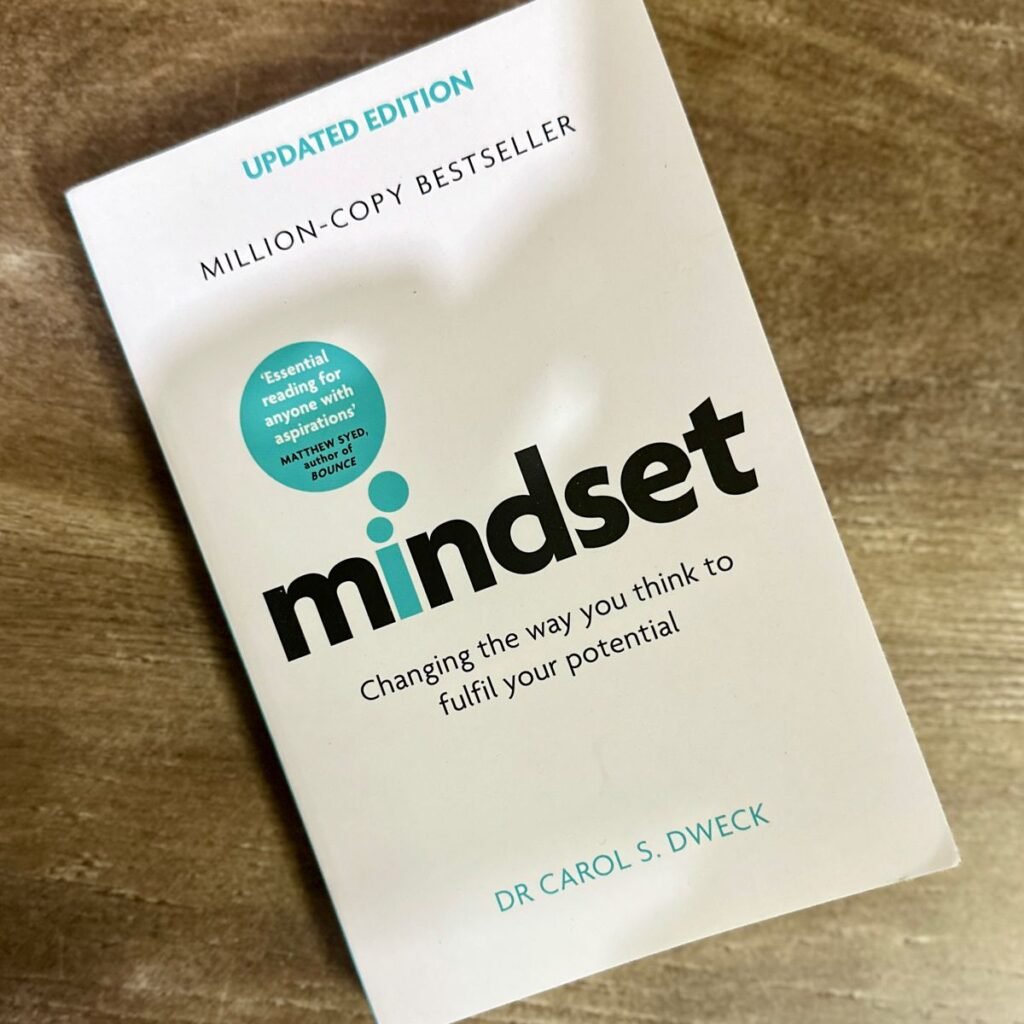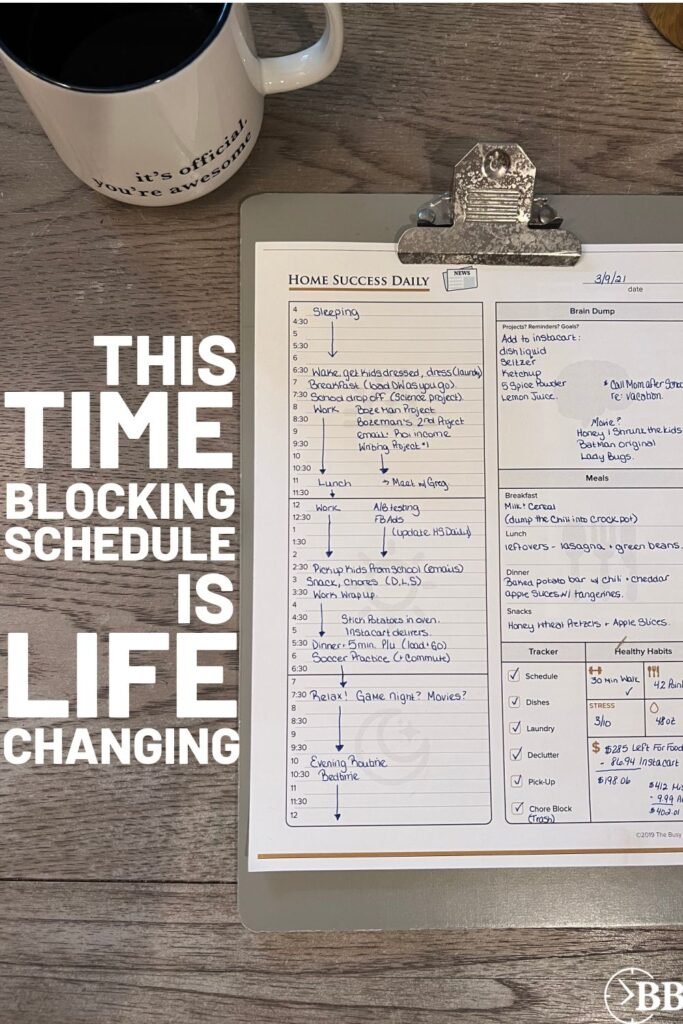Don’t Miss Out: 20 Must-Try Life-Changing Habits to Dominate 2025 (Daily Routine)
In our quest for self-improvement and personal growth, we often overlook the power of tiny habits – those small, consistent actions that compound over time to create life-changing habits. As James Clear, author of “Atomic Habits,” emphasizes, it’s these small habits that lead to transformative results . Let’s explore 20 life changing habits that can revolutionize your life, backed by research and expert insights.
1. Start Your Day with a Cold Shower

The simple act of taking a cold shower can dramatically impact your well-being. Research shows that cold water exposure can reduce sickness absence by 29% and boost your immune system . While it might seem daunting at first, this powerful tool for health offers both physiological and psychological benefits, including improved mood and reduced anxiety .

Cold showers offer a range of benefits for both physical and mental health. They can improve circulation, boost the immune system, and enhance mood by increasing endorphin levels. Cold exposure also promotes alertness and energy levels, making it an invigorating start to the day. Additionally, regular cold showers can improve skin and hair health by tightening pores and reducing oiliness, while also aiding in recovery after intense workouts.
2. Mindful Hydration

Making “drink water” your mantra throughout the day isn’t just good advice – it’s essential for cognitive function and overall health. Start your day with a glass of water, and maintain proper hydration to support brain health and mental clarity. This simple habit can improve mood stability and physical performance.
You should drink 3/4 of a liters every morning when you wake up , on an empty stomach
3. Movement as Medicine

Regular physical activity is one of the easiest ways to transform your life. Exercise enhances cardiovascular health, boosts cognitive function, and improves mental health . Whether it’s a gym membership or a daily walk in fresh air, movement is crucial for your future self.
Need motivation to change your life? Read all about David Goggins
4. Meditation for Inner Peace

Meditation isn’t just a trend – it’s a scientifically proven way to reduce stress and enhance emotional support. Regular meditation practice can lower cortisol levels and improve immune function, making it a valuable addition to your daily routine.
Meditation provides numerous benefits for mental, emotional, and physical well-being. It reduces stress and anxiety by promoting relaxation and mindfulness. Regular practice enhances focus, increases self-awareness, and fosters emotional resilience. Meditation can improve sleep quality, boost creativity, and support cognitive function. Additionally, it has been linked to lower blood pressure and improved heart health. Overall, meditation cultivates a sense of inner peace, aiding personal growth and enhancing overall quality of life.
5. Nutritional Intelligence

Transform your relationship with food by incorporating healthy snacks and practicing meal prep. A diet rich in brain-boosting foods like green leafy vegetables, fatty fish, and berries can enhance cognitive function and memory . Make grocery store trips intentional by focusing on nutrient-dense options.
6. Digital Wellness

Managing screen time is crucial in our connected world. Excessive digital exposure can lead to eye strain and decreased productivity. Set clear goals for device usage and take regular breaks to protect your nervous system and maintain a positive outlook.
7. Learning as a Lifestyle

Whether it’s taking an online course or learning a musical instrument, continuous learning supports brain health and cognitive function. Join a book club or dedicate time to acquiring a new skill – these activities create neural pathways that enhance mental acuity.
8. Strategic Sleep Habits

Quality sleep is non-negotiable for long-term benefits to your health. Poor sleep can impair memory consolidation and weaken neural connections . Create a consistent sleep schedule as part of your maintenance activities.
9. Gratitude Practice

Start a gratitude journal to capture beautiful life moments. This daily habit can shift your perspective and create a positive tone in your personal life. It’s one of the most powerful tools for maintaining mental health and emotional well-being.

Practicing gratitude offers a multitude of benefits for mental and emotional well-being. It enhances overall happiness by shifting focus from negative to positive experiences, fostering a more optimistic outlook on life. Regular gratitude practice can improve relationships, as it encourages appreciation and strengthens social connections. Additionally, it reduces stress and anxiety, boosts self-esteem, and promotes better sleep quality. Overall, cultivating gratitude contributes to a more fulfilling and positive life experience.
10. Social Connection

Spending time with family members and nurturing social situations isn’t just enjoyable – it’s vital for brain health and longevity . Whether it’s a first date or catching up with old friends, prioritize meaningful connections.
11. Mindful Communication

Developing strong communication skills is essential in both your professional life and personal relationships. Take a deep breath before important conversations and practice active listening to enhance understanding.
12. Financial Wellness

Following financial experts like Dave Ramsey and establishing sound money habits can reduce stress and create security. Break down large projects into shorter tasks and set clear financial goals.
13. Morning Routine Mastery

Your first thing in the morning sets the tone for a productive day. Create a morning routine that includes activities supporting your best version, such as exercise, meditation, or reading.
A great morning routine sets a positive tone for the day. Start by waking up early and drinking a glass of water to hydrate. Follow this with a brief meditation or deep breathing exercise to center your mind. Engage in 20-30 minutes of physical activity, such as yoga or jogging. Enjoy a nutritious breakfast, and take time to review your to-do list or set clear goals for the day. This routine promotes focus, energy, and well-being.
14. Habit Stacking

Use BJ Fogg’s principle of habit stacking to build new habits by anchoring them to existing ones . For example, pair your morning cup of coffee with a moment of mindfulness or planning.
15. Environmental Design

Organize your space to make good habits second nature. Keep healthy snacks visible and create an environment that supports your goals rather than hinders them.
16. Stress Management

Incorporate stress-reduction techniques into your daily routine. This could include taking a deep breath during challenging moments or practicing regular exercise to maintain lower blood pressure

Effective stress management techniques can enhance overall well-being. Mindfulness meditation helps center your thoughts and reduce anxiety. Deep breathing exercises promote relaxation and can be practiced anywhere. Engaging in regular physical activity releases endorphins, improving mood. Time management can alleviate feelings of overwhelm by prioritizing tasks. Additionally, maintaining a balanced diet and ensuring adequate sleep are crucial for resilience. Lastly, seeking social support from friends or family can provide emotional relief and perspective.
17. Continuous Learning

Dedicate time to personal development through reading, online courses, or acquiring new skills. This commitment to growth keeps your mind sharp and opens new opportunities in the real world.
Here are three impactful books for personal development:
“Atomic Habits” by James Clear

( See our full description below ) – This book explores the power of small habits and provides actionable strategies for building good habits and breaking bad ones.
“The 7 Habits of Highly Effective People” by Stephen R. Covey

– Covey’s classic offers a holistic approach to personal effectiveness and emphasizes principles for success in both personal and professional life.
“Mindset: The New Psychology of Success” by Carol S. Dweck

– Dweck discusses the importance of a growth mindset and how embracing challenges can lead to greater achievement and resilience.
18. Health Monitoring

Regular health check-ups and monitoring vital signs can help prevent heart disease and other health issues . Make these maintenance activities a regular part of your routine.
Monitoring your health involves several proactive strategies. Start by scheduling regular check-ups with your healthcare provider to track vital signs and screenings. Use health apps or wearable devices to monitor daily activity, heart rate, and sleep patterns. Keep a food diary to assess your nutrition and hydration. Regularly check your blood pressure and cholesterol levels, and practice self-assessment by noting changes in mood or energy levels. This holistic approach helps maintain overall well-being.
19. Time Blocking

Use time management techniques to tackle important projects and reduce overwhelm. Breaking down tasks into smaller chunks can make less work feel more manageable.
Effective time management techniques can significantly enhance productivity. Prioritization is key; use the Eisenhower Matrix to distinguish between urgent and important tasks. Time blocking involves scheduling specific activities for dedicated time slots, minimizing distractions. The Pomodoro Technique encourages focused work sessions followed by short breaks to maintain energy levels. Additionally, creating a daily to-do list helps outline clear goals, while setting deadlines can create urgency and accountability, further improving efficiency.
20. Evening Reflection

End each day with reflection and planning for the next day. This overnight task helps process the day’s experiences and sets you up for success tomorrow.
The Science Behind Habit Formation

Understanding how habits form is crucial for long-term success. Research shows that habits are formed through a loop of cue, routine, and reward . By making small changes and focusing on consistency rather than intensity, you can build lasting habits that transform your quality of life. See our full details below
Key Concepts

Systems Over Goals: Clear distinguishes between goals and systems. Goals are about the results you want to achieve, while systems are the processes that lead to those results. He asserts that you do not rise to the level of your goals; you fall to the level of your systems. Therefore, creating effective systems is crucial for sustainable progress.
Identity-Based Habits: One of the most profound insights in the book is the idea that habits shape our identities. Clear suggests that to change your behavior, you must first change your beliefs about yourself. By focusing on who you want to become rather than what you want to achieve, you can create lasting change. Each action you take is a vote for the type of person you wish to become.
The Four Laws of Behavior Change

Make It Obvious: Identify cues that trigger your habits and make them visible. This could involve designing your environment to promote good habits.
Make It Attractive: Pair habits you want to develop with activities you enjoy. This increases the likelihood of engaging in the desired behavior.
Make It Easy: Reduce friction to make good habits easier to adopt. This might involve breaking down habits into smaller, manageable steps.
Make It Satisfying: Implement immediate rewards for completing habits to reinforce the behavior. This helps to create a positive feedback loop that encourages repetition.
Breaking Bad Habits

Make It Invisible: Remove cues that trigger bad habits from your environment.
Make It Unattractive: Reframe your mindset to highlight the downsides of the bad habit.
Make It Difficult: Increase the friction associated with the bad habit to make it harder to engage in.
Make It Unsatisfying: Introduce accountability measures to discourage the bad habit.

Remember, the journey to personal transformation isn’t about massive changes – it’s about small habits performed consistently over long periods. As you implement these habits, focus on progress rather than perfection. Each small act builds toward your greater goals, creating positive change that lasts a lifetime.Start with one or two habits that resonate most with you, and gradually build your wellness practice. As James Clear suggests, it’s not about radical change but about the power of tiny improvements accumulating over time . Your future self will thank you for starting today.

